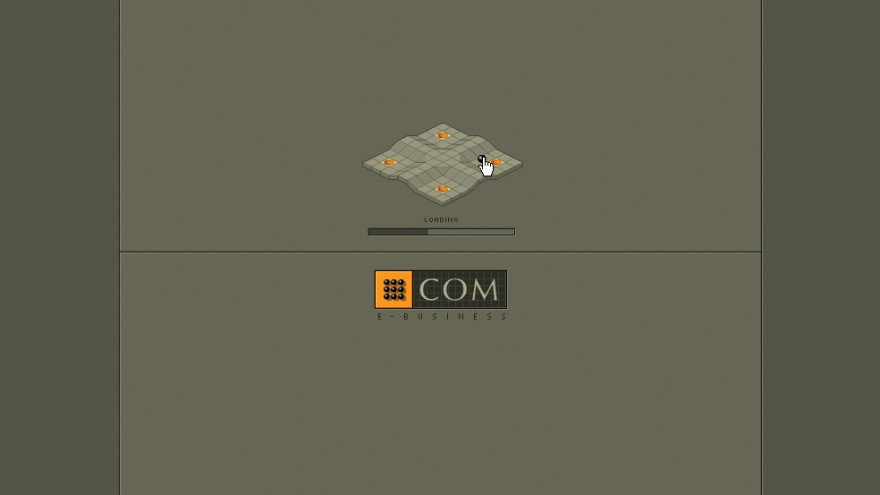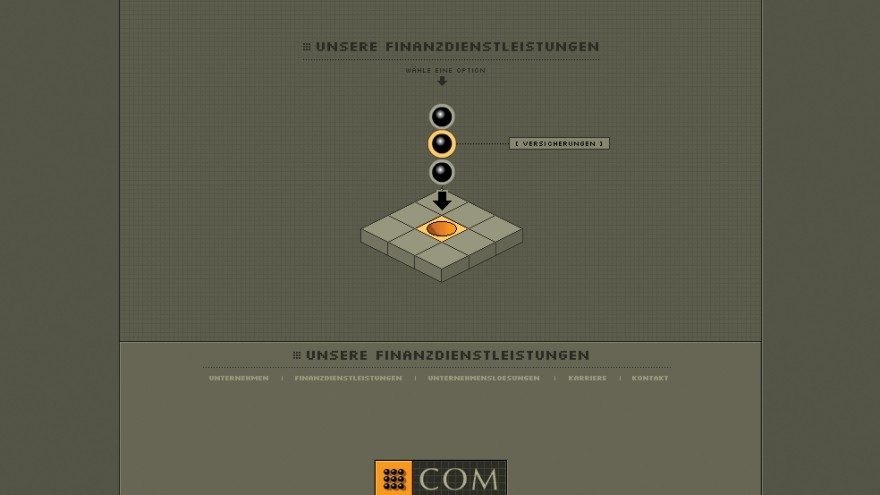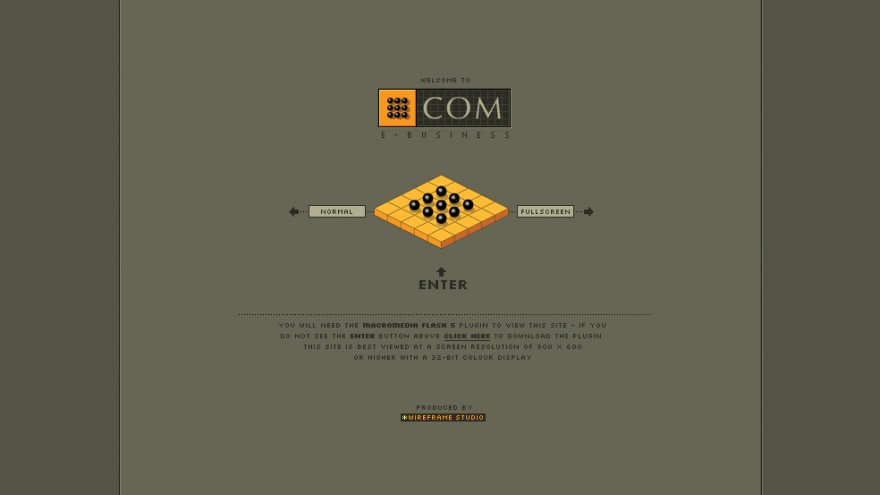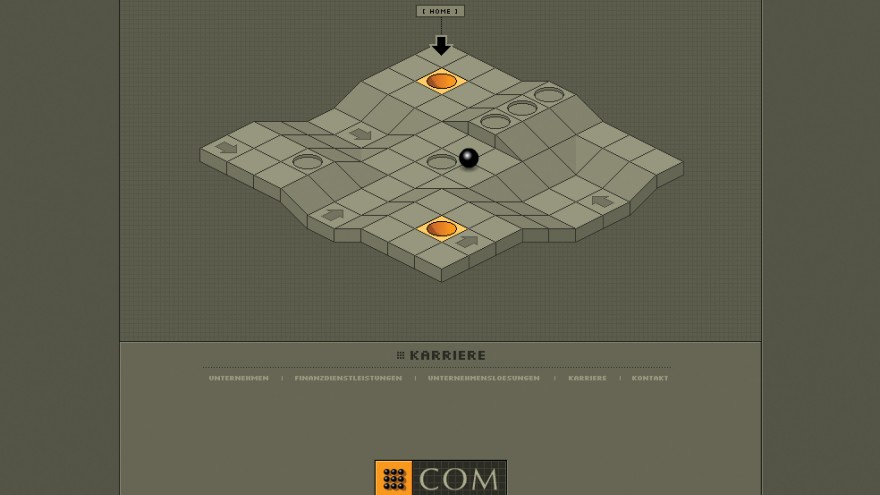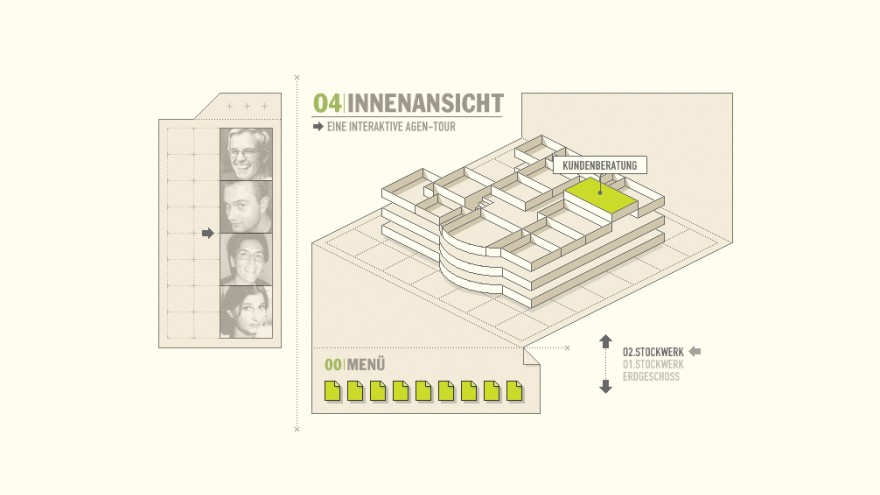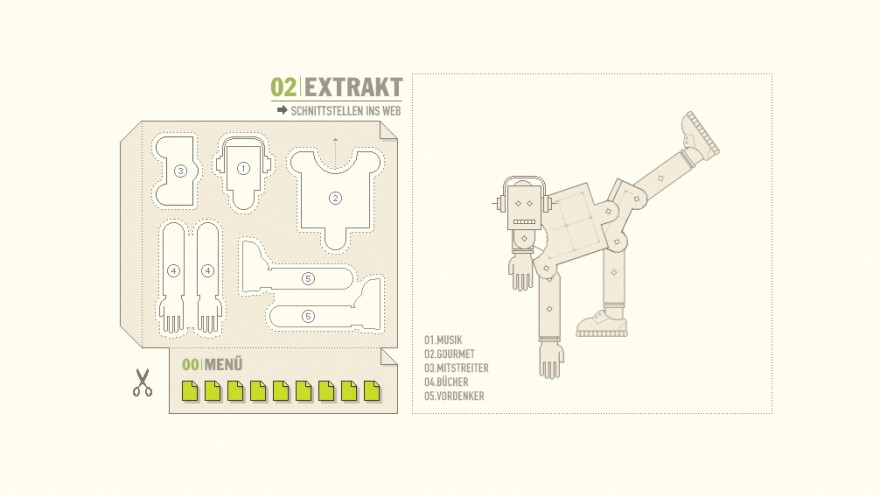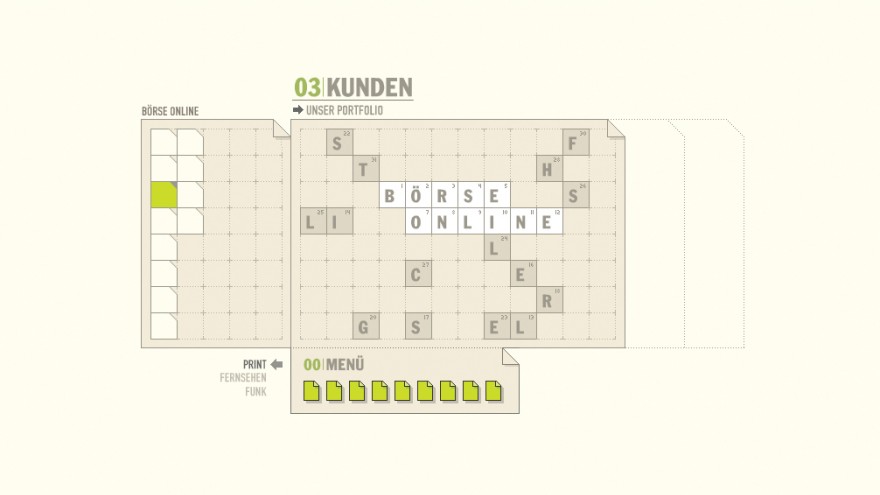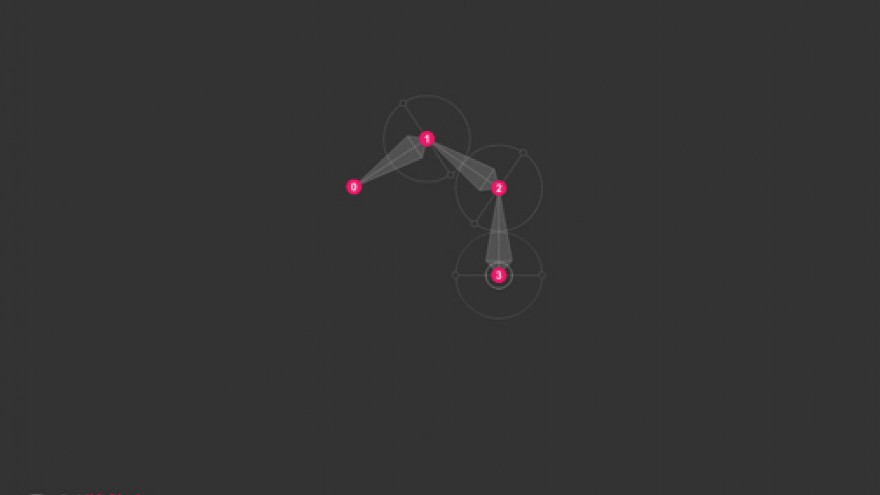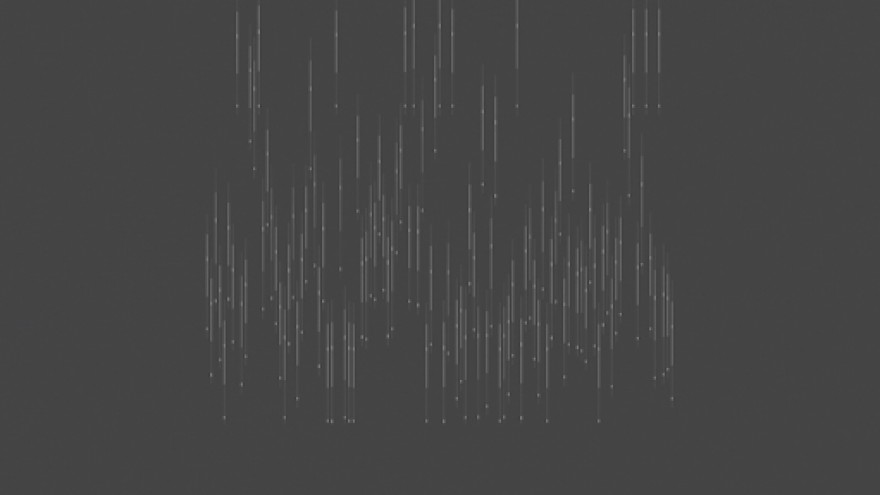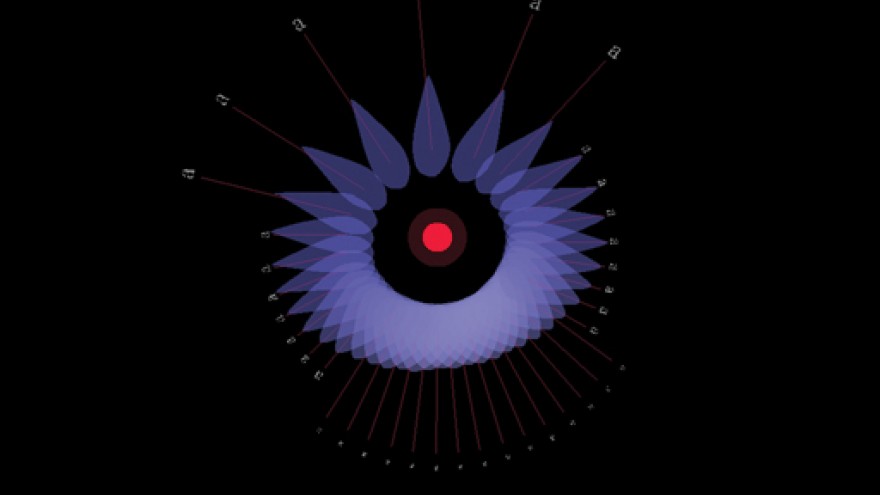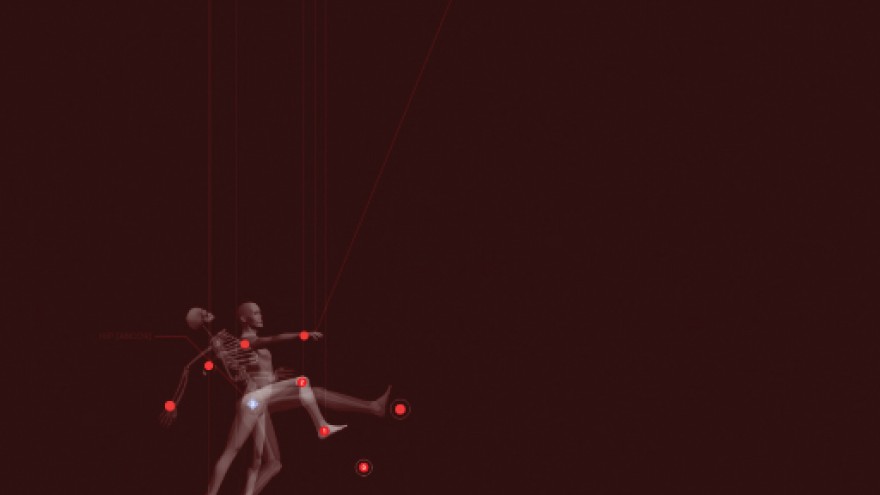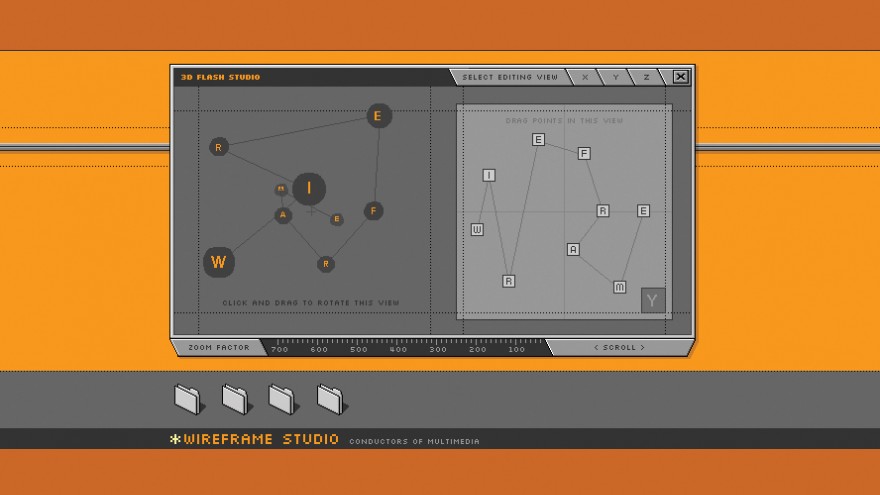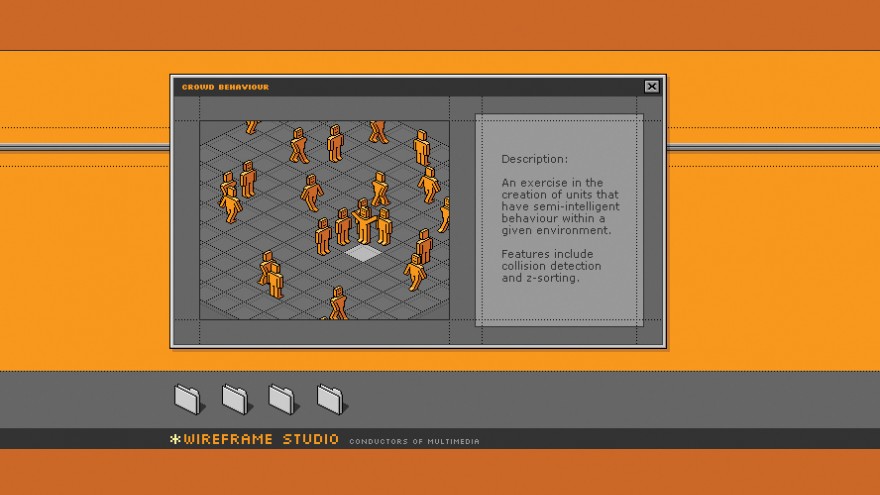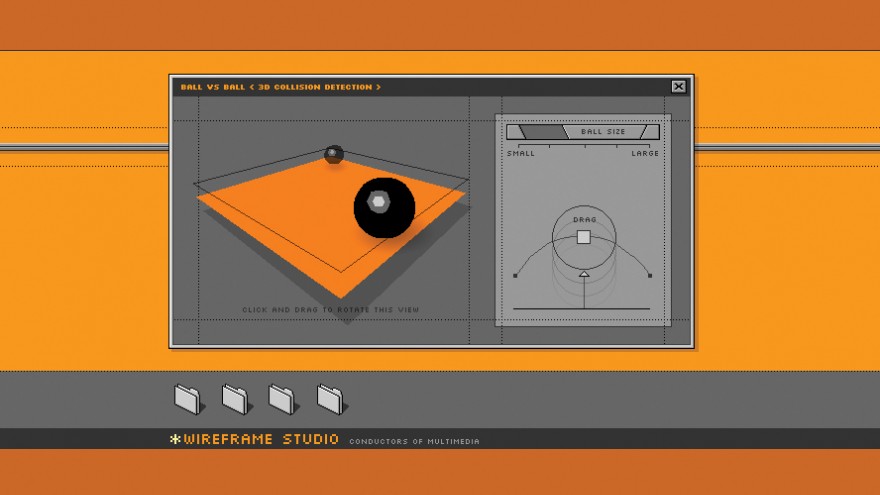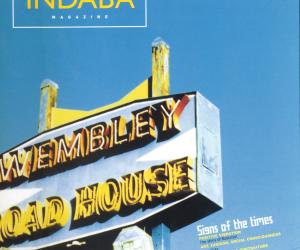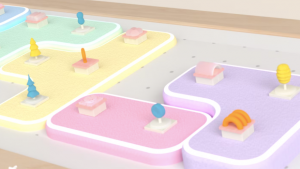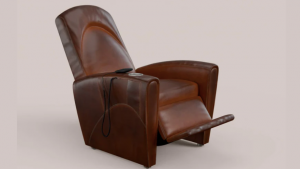First Published in
What training did you receive after leaving school?
I studied fine art with printmaking as a major and sculpture as one of my minors. The latter eventually became more interesting to me than the printmaking. Much of the work at that time was mostly about blurring the boundaries of the various disciplines, so I would play with kinetic sculpture that draws things or with drawings that became sculptures. Or I would hand paint and draw over prints etc. A lot of the work at that time was very process orientated - exploring and focussing on the creative and technical processes of producing something more than on the end product itself.
Has your fine art training been of any benefit to you in your multimedia endeavours?
I'd say yes but not necessarily in the way one might think it has. It sparked my interest in a multi-disciplinary approach, which I think a lot of multimedia is all about. I set out to learn about various material properties and explored how these could be applied in creative ways. I also did sign writing for a while which taught me a bit about typography and I also got to learn about the materials used in producing industrial signs, and now incorporating some of this knowledge in my creative endeavours.
What first sparked your interest in computers / multimedia?
I grew up with 80's computer technology. As a child I spent many hours learning how to code on the C64 and generally playing games, etc. I also had an addiction to coin-op arcade games at that time. For some reason these experiences never really came into play during my fine art studies and there was a seven year period when I did not do any computing at all. Although I was familiar with a lot of the concepts from the C64 days and came to learn about the John Maeda's of the world during my fine art studies, I never really looked at computing as an option for myself up to that point. After graduating, I was sharing a house with a friend and he bought a Mac, and then the interest was sparked again, first learning Photoshop and then the 3D software thing just grabbed my interest. I owe a lot to him - he had some very solid Director knowledge to share and we had many conversations on the topic of multimedia and he got me interested in the whole scene.
Your work history / experience before Wireframe?
Wireframe was my first job focussing specifically on multimedia. Before that I was freelancing and also lecturing on sculpture and drawing on a part-time basis. At this point, most of my free time was spent learning and experimenting with computer based animation and various other multimedia disciplines, so by the time I joined Wireframe I'd had some multimedia experience in the form of experimental projects.
What was the first multimedia program you worked with?
A very old version of Director. On this platform I started off with BASIC, writing games. I had no idea what the future of computing would be, it was just something that I had a lot of fun with at the time. Later I learned machine code on the C64 using an Assembler.
When did you first discover Flash?
My first project with Wireframe was a Flash project, and I had to learn Flash3 specifically for that. After that I did not touch Flash for a while. When Flash4 introduced ActionScript I gained interest again.
How have you found the transition to Flash 5?
Not very hard. They've made much needed changes and I think that the JavaScript model is familiar to many. I think that all programming or scripting languages are pretty much the same in the sense that they are systems that enable us to speak and give orders to a two year old child (the computer ). If you look at it in that way, it simplifies things a bit. So even though the syntax is different, the core concepts of programming / scripting remains the same.
What other programs do you use and which are your favourites?
Recently I've been working mostly in Flash and doing most of my design work in Photoshop. I'm still very interested in Director, but have not had much time to work in it in recent months. If used properly, I think that Flash can cut down production time quite considerably - features like the ability to create looping nested symbols make some things really easy. I also use Lightwave from time to time.
In what areas of your skills-set do you see yourself growing most rapidly at the moment?
I've been focusing specifically on developing my scripting skills and this involves expanding my knowledge of mathematics. I think it is the programmers in the multimedia field that have the least limitations creatively. This has opened up some areas for me as designer, and often leads a lot of my creative process.
Where do you find inspiration for your work?
Inspiration comes from far and wide, but mostly the process itself inspires me. I hardly ever have a clearly defined idea of where something might go, so a lot of my design feeds off the process. I'm not viewing that much web design at the moment. I'm mostly finding inspiration from offline projects and am very interested in physical installations.
Do you view yourself as a programmer or a designer?
This question keeps popping up and I'm not sure whether one can clearly distinguish between these disciplines anymore. I'm first of all a person who has a passion for creating things. I'm not entirely a designer - I don't have a traditional "design" education. Instead, I like constructing things using programming and scripting although I don't have a formal programming background. Both disciplines are essentially creative and I don't necessarily see them in two opposite spheres.
What benefit does multimedia provide the end-user?
It has the potential to provide all the benefits any other medium has to offer plus more. However, the effectiveness is relative to the delivery medium and, of course, budgets. One can't even begin to compare the kind of budgets that are available for film and TV production, for example, to what the multimedia industry puts up with. And so multimedia as we know it is often viewed with a sense of scepticism but if I could have Steven Spielberg's film budget for my next project things might well be different!
Some would argue that most multimedia we see online is merely digital puppetry that provides little functional value? What is your view on this?
A lot of it probably is. Very little provides direct functional value, but you could probably say the same for painting your house a particular colour. It might seem like quite a superfluous thing to stand in front of a colour matcher choosing a colour to paint your bedroom. Wall paint's primary function would be to protect your walls against the weather but its colour property is the thing that we ponder on most when we buy it. Many modernist colour theorists agree that colour has spiritual or emotional properties.
On the basis of these common theories, whether consciously or intuitively, we make decisions about which colour would be appropriate to use on our bedroom walls. It boils down to the human psyche and our environmental experience.
I think that similar principles apply when a human interacts with a computer interface. Beyond just primary functionality, elements within a user interface system also communicate via their own properties (colour, motion, responsiveness etc). Even underlined html links have a particular tactile quality which produces a particular human experience when clicked. Attention to these kinds of details can communicate an idea / philosophy in a very different way than the written word can. Many of us are guilty, especially on the web, of a gimmicky approach to building projects. Most of the time we seem to be building containers for information rather than building effective multimedia. It should be about the content, usually in text form, and then solving the problem of how to get to it. I think that multimedia is more conducive to being the content than being the container.
Would you ever consider moving out of multimedia into either more design oriented work or, on the other hand, into IT programming work?
I don't think I'll be moving into IT programming too soon. In the last few years I've been mostly working on on-screen work. I'm interested in taking the ideas that I've been working with into a more tactile environment. Perhaps it's the sculpture background calling. I think that the web will still play an important part in this, but I'd like to try and explore the web in a different way. Basically, I'd like to move away from producing strictly websites.
What is the last project you finished?
I've just finished a site for a German ad agency (HRS DDB) and a promotional game for Hewlett Packard in conjunction with thincDigital in the UK. The HRS site is in test phase at the moment and will launch very soon. It's basically just a fun promotional site with lots of "toys" to play with, based on paper cut-out designs. I'm not going to say too much about the game at this stage except that it involves a New Beetle and lots of HP products.
What project are you currently working on?
More games, games, games! I've also started work on a personal site which will be more experimental in nature - hopefully a place where I can practice some of my ideas on multimedia.
Andries Odendaal is a multimedia designer with Cape Town based multimedia agency "Wireframe." Most recently he has been channelling his skills specifically into the area of Flash development and is the designer / Flash programmer behind sites like www.wireframe.co.za , www.wireframe.co.za/com-ebusiness and www.hrs-ddb.de Andries is co-author of the books, "New Masters Of Flash" and "Flash 5 Studio", both published by Friends Of Ed. Andries has been active in the web design community and on the conference circuit, presenting at FlashForward 2001 in San Fransico and New York. He will be presenting in Amsterdam and at the IdN Fresh Conference in Sydney later this year and at the 5th International Design Indaba in early 2002.

